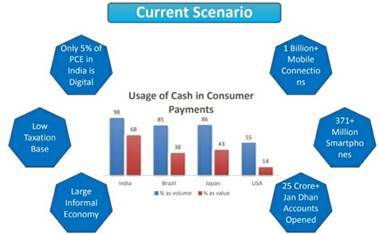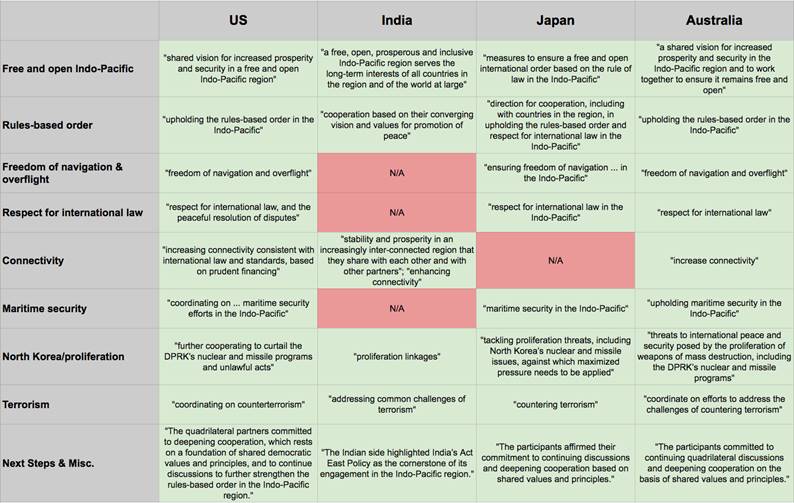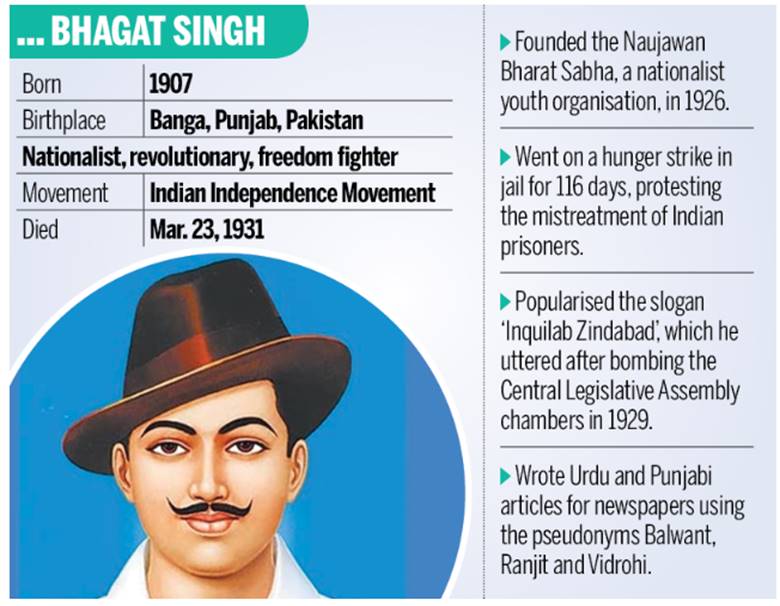



Prime Minister addresses the United National General Assembly
Prime Minister Shri Narendra Modi addressed the 74th session of the United Nations General Assembly (UNGA)
- Evoking Mahatma Gandhi, Prime Minister said that Gandhiji’s message of truth and non-violence is relevant even today for peace, progress and development of the world.
- Prime Minister highlighted the huge transformation brought about by the pro–people initiatives of the Government like Swachh Bharat, Ayushman Bharat, Jan Dhan Yojana and Digital identification (Aadhar).
- He spoke about the government’s commitment to provide water to every household, a house for every family and elimination of tuberculosis in the coming five years.
- Prime Minister urged all the nations to unite against terrorism for the sake of humanity.
- India is a country that has given the world, not war, but Buddha's message of peace.
- A divided world is in no one's interest. We must give a thrust to multilateralism and reforming the United Nations.
- Prime Minister invoked the quotes of Tamil philosopher Kaniyan Pungundranar and Swami Vivekananda to seek collective action to address various global challenges.
- He elaborated on the steps taken by his government to fight climate change, including the 450 GW of renewable energy target and the formation of International Solar Alliance.
Source: The Pib
- It discussed Fire Risk in India and focused on emerging issues on Fire Safety Management in the country, like Train Fires, Electric Vehicles charging stations and Fires in Warehouses.
- A number of National guidelines and reports prepared by NDMA for disaster risk reduction in the country were also released, which included the National Guidelines on Disability Inclusive Disaster Risk Reduction.
- India became the first country in the world to come out with National Guidelines on Disability Inclusive Disaster Risk Reduction.
Source: The Pib
A senior official of the Ministry of Electronics and Information Technology has proposed that it should be made mandatory for merchants to have a QR code to more aggressively push digital payments nationwide.
- A big turnover person needs to provide digital option.
- There are 7 crores merchants and only 40 lakh POS (Point of sale machines that accept digital payments) machines in the country.
- Because the government will not be able to fund POS machines to every merchant, mandatory QR code is the best next step after the spread of bank accounts through Jan Dhan Yojana.
- Promoted the idea to make anonymised UPI payment data available in the market giving the example that consumers could get better loan rates if start-ups had access to bank data.
- RBI says that the bank should not share this with the start-ups. However, if they share, they can get better deal.
- Growth in digital payments has become stagnant.
- Encourage the use of UPI on feature phones.
- There is a need to focus on grievance redressed for technological failures in rural areas, especially given a large trust deficit in digital payments.
- The cost of digital transactions is an inhibiting factor for the growth of digital transactions.
- Merchants have to cash out or transfer to their bank accounts at a cost and at times, these costs are passed on to the consumer.

Status of digital payments in India:
The foreign ministers of India, the US, Japan and Australia met for the first time for the so-called Quad meeting in New York on Thursday night, signaling New Delhi increased comfort in being seen in a group that is strategically opposed to China.
- The Quad, or Quadrilateral Security Dialogue, was revived by the US in 2017 as part of the Indo-Pacific strategy to counter the growing influence of China.
- The group was, on paper, a win-win as each of the member nations had their own confrontations with China.
India was earlier reluctant to upgrade the Quad group and preferred to keep it to lower-level officials.
- The US, Japan and Australia are much more closely integrated on military, intelligence and diplomacy. However, India follows strategic autonomy in international affair.
- India’s approach highlighted how the member nations differed in their view of what Quad is — for the US, it is an Endeavour to form a NATO like group; and for India, and it is a diplomatic meeting of allied nations.
- India does not see the Indo-Pacific region as a strategy or as a club of limited members. Nor as a grouping that seeks to dominate.
- We do not consider it as directed against any country.
- India has sought to address the concerns of growing Chinese presence in the Indian Ocean through separate military drills and talks with allied nations — Malabar with the US, for instance.
- India has been carefully engaging with China to improve cooperation where it can, even as the two nations disagree on others.

Source: Timestop10
Bhagat Singh, the great socialist revolutionary of the Indian freedom movement, died at a young age of 23 but has left a strong mark of patriotism during his brief lifespan.
- Bhagat Singh’s rejection of religion, which alienates the masses, complemented his socialist criticism of two systems of oppression – capitalism and casteism.
- He believed that Revolution means the complete overthrow of the existing social order and its replacement with the socialist order.
- He threw two bombs in the Central Legislative Assembly “to make the deaf hear”, as written on the tracts they distributed in the assembly after their lightening coup. First, it was aimed at dissuading the assembly from voting for a law – the Public Safety and Trade Disputes Bill – whose implementation would have penalized Indian workers. Second, it was also meant to denounce the manner in which this so-called Indian parliament projected itself – as an accomplice of the British.


© 2025 iasgyan. All right reserved